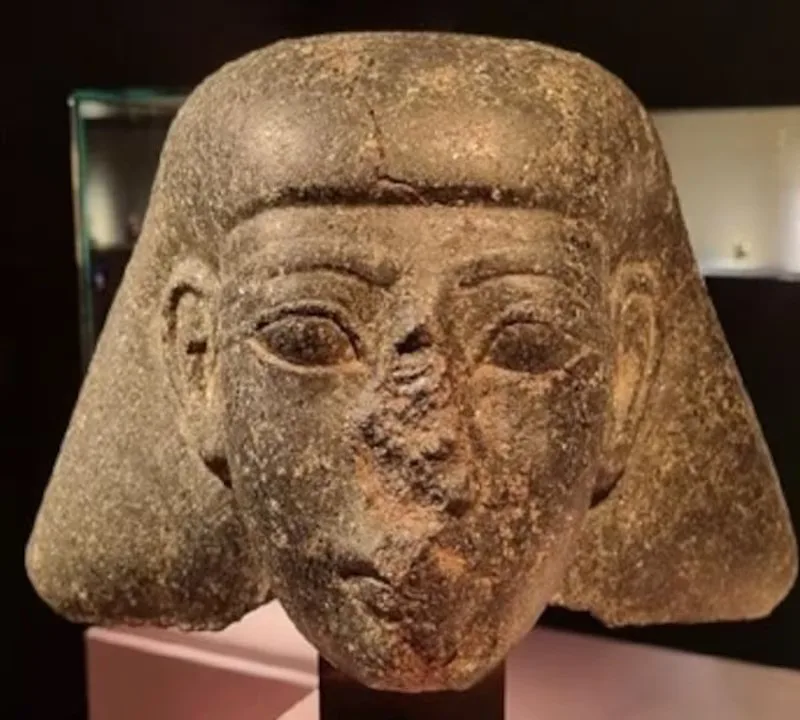Spanish law enforcement recently apprehended an antique dealer involved in the illicit sale of a stolen Egyptian sculpture dating back to 1450 BCE.

Before the event, the prestigious TEFAF Maastricht art fair withdrew the artefact originally slated for display and sale, priced at €190,000 ($202,000). The individual in question faces charges of money laundering, smuggling, and the forgery of official documents.
Spanish authorities further stated that they arrested the party who possessed full knowledge of the illegal provenance of the Egyptian bust confiscated in the Netherlands.
The investigation commenced after suspicions arose linking the piece to an antiquities dealer in Barcelona with known connections to the trafficking of artefacts from conflict-ridden regions in North Africa and also the Middle East. The Swiss gallery acquired the sculpture, crafted from black granite, from a German counterpart.
Upon the sculpture’s confiscation by Dutch authorities, it was revealed through collaboration with Spanish police that the item had been unlawfully circulated within Europe. Subsequent inquiries further traced the granite sculpture’s acquisition by the Spanish suspect to July 2015, through an international entity based in Bangkok, Thailand.

Critical to the investigation’s findings was the discovery that the Spanish gallery owner had falsified documentation regarding the sculpture’s provenance, falsely attributing it to a Spanish archaeological collection dating back to the 1970s. The Swiss gallery, selling the item at The European Fine Art Fair (Tefaf) in Maastricht, reported their concerns to Dutch police. Dutch police then alerted Spanish authorities, who subsequently arrested the antiques dealer.
Although the suspect remains unnamed in official documents, speculation from Lynda Albertson, CEO of the Association for Research into Crimes Against Art, points to Jaume Bagot Peix, operator of the J. Bagot Arqueología gallery in Barcelona, Spain.
This recent arrest comes on the heels of previous scrutiny faced by Bagot Peix, as detailed in a 2018 feature by Vanity Fair Spain, which implicated him in the acquisition of looted artefacts from Libya, allegedly benefiting the Islamic State.
In reports from ARTnews, Will Korner, Head of Fairs at TEFAF, expressed satisfaction with the progress of the case. Korner also praised TEFAF’s commitment to collaboration with law enforcement agencies and vetting committees to ensure the authenticity and legitimacy of all exhibited artworks.
The incident serves as a stark reminder of the ongoing challenges in combating the illicit trade of cultural artefacts and the necessity of international cooperation in addressing such crimes.


